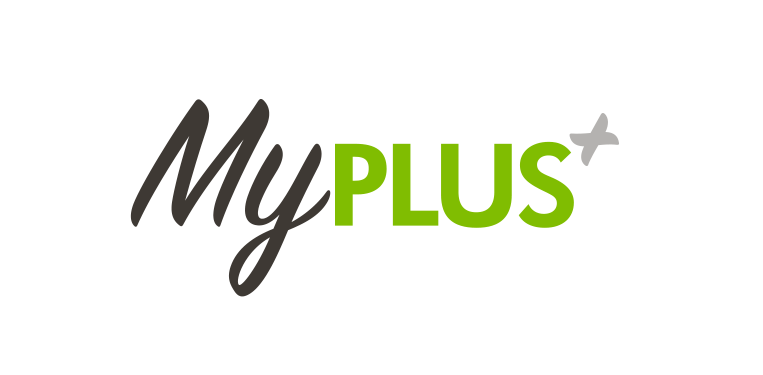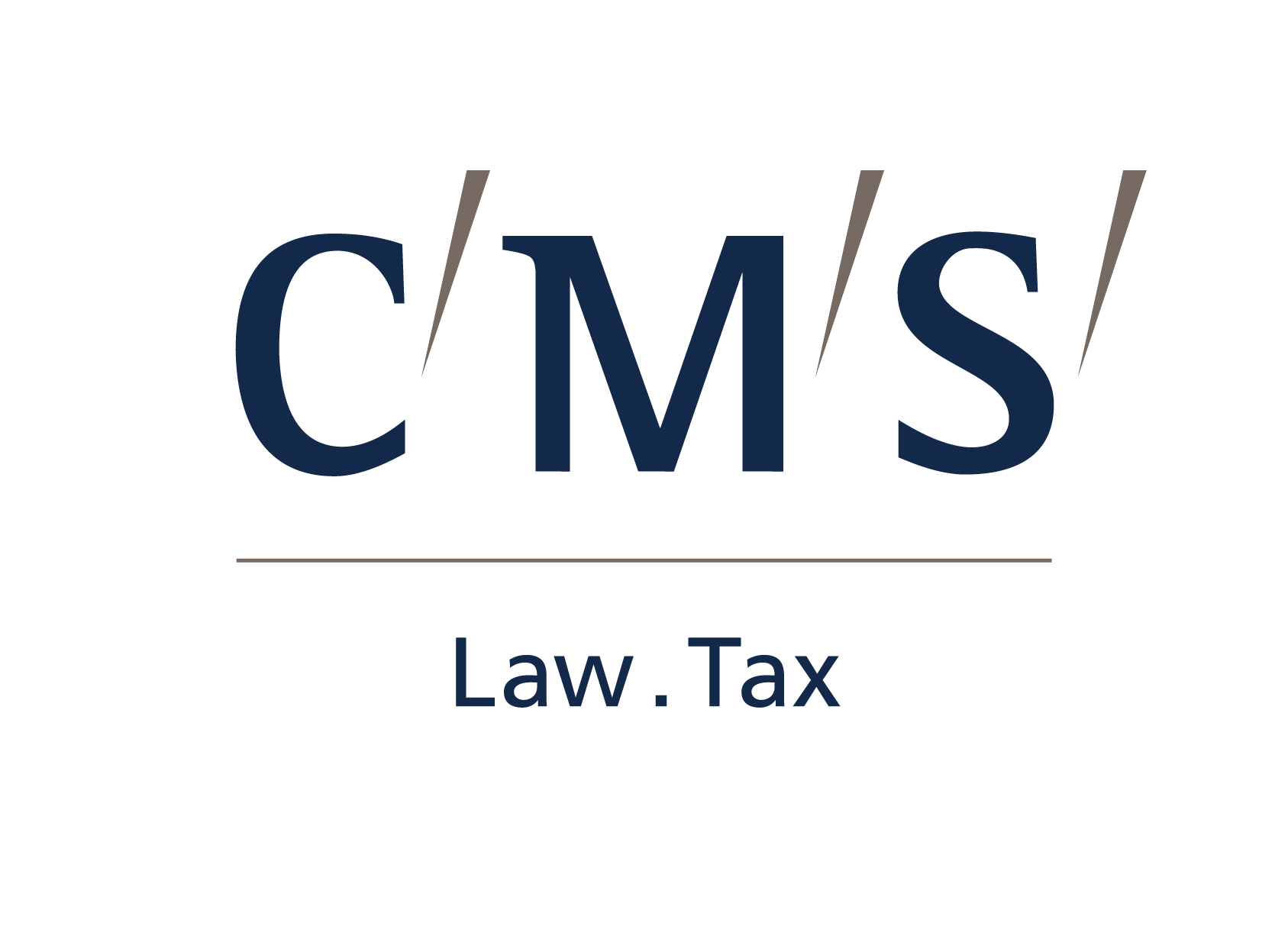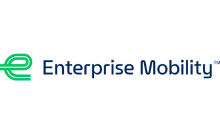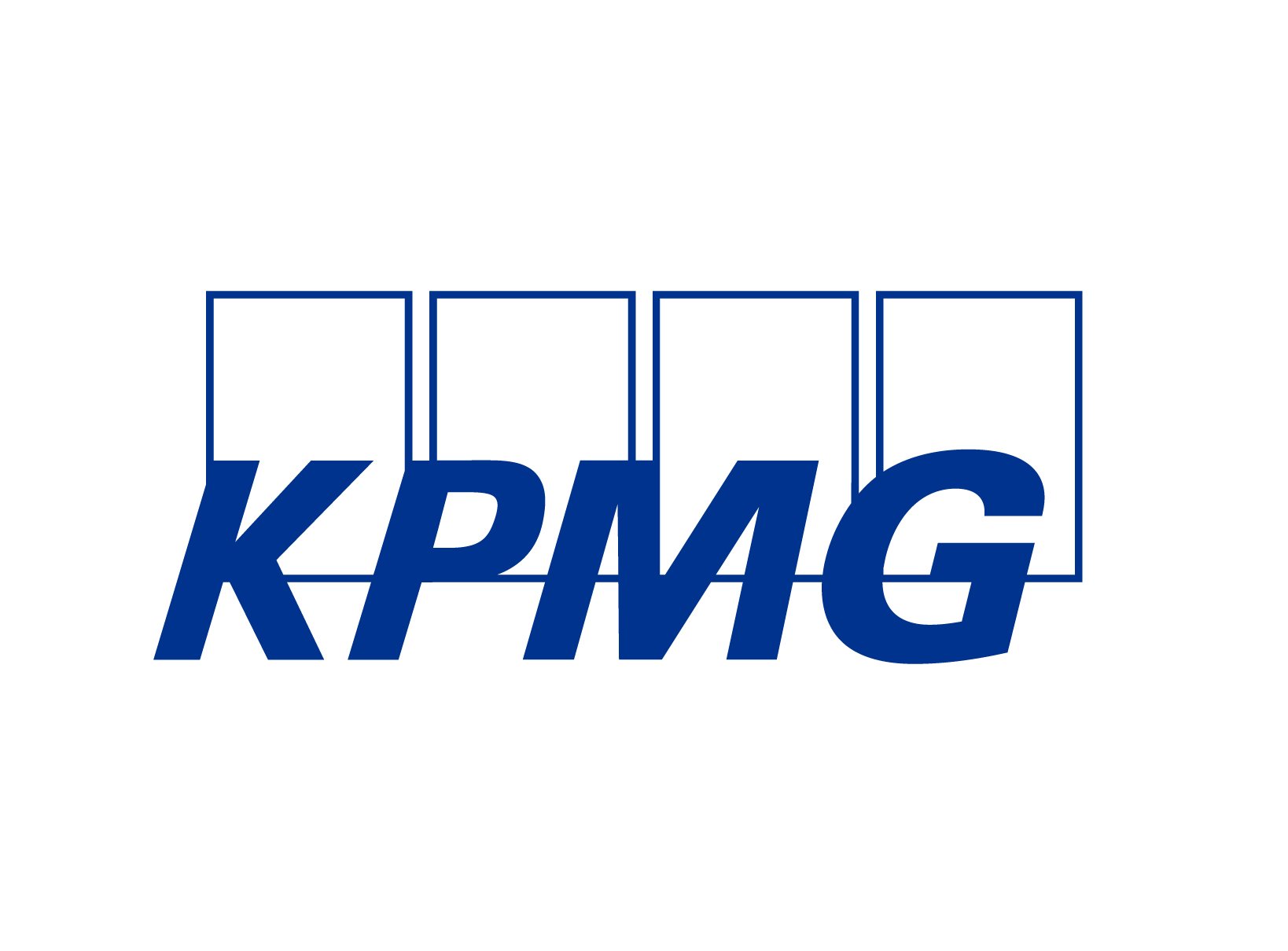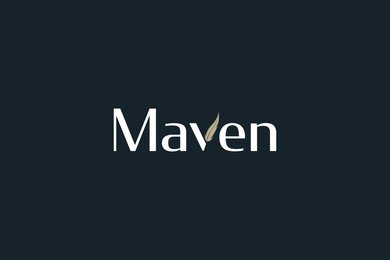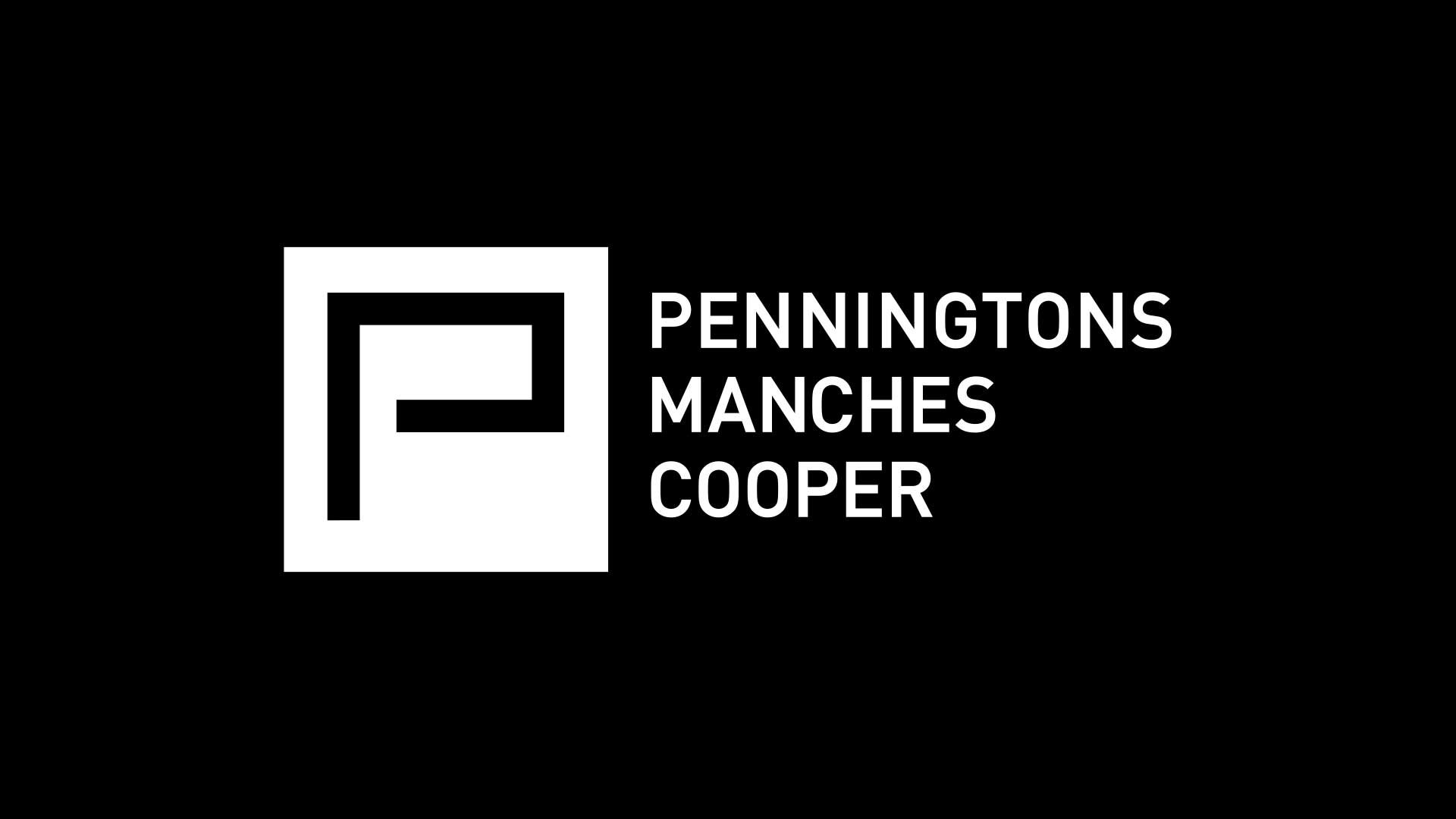Author - Lise Austen, Recruiters’ Club Manager, MyPlus
For the last few years, as part of our annual calendar of educational disability employment events that MyPlus run for employers, we have run an event on neurodiversity in recruitment and the workplace.
With 15-20% of the global population being neurodivergent, neurodiversity has become a hot topic for employers. This represents a significant proportion of an organisation’s talent pool; for those who invest the time in understanding how to employ and support neurodivergent individuals, they will benefit from massive gains.
For our 2022 ‘neurodiversity hot topic’ event, our disability employment expert Helen Cooke was joined by experts and employees with autism to help employers to understand this talent pool and how we can ensure they are included in the workplace.
Experiencing the word in a different way
“Neurodiversity is the concept that all humans vary in terms of our neurocognitive ability. Everyone has talents and things they struggle with. However, for some people the variation between those strengths and weaknesses is more pronounced, which can bring talent but can also be disabling. For an employer neurodiversity can be a competitive advantage when the individuals are in the right environment, making use of their strengths”. (Genius Within)
Included under the umbrella of neurodiversity is Autism, ADHD, Dyslexia and Dyspraxia
Of all the different disabilities, students who are neurodivergent are the least likely to be in full time employment and have the highest rates of unemployment. The AGCAS ‘What happens next, 2022 report’ highlighted disappointing employment outcomes of neurodivergent students, with autism having the lowest levels.
Challenges faced by Neurodivergent individuals during the recruitment process and in the workplace
Our first expert Keren Coney, Careers and Employability Consultant at Liverpool John Moores University, is also a PhD student exploring what can be done to support autistic students to successfully progress into employment after graduation. Keren’s recent research into what students find challenging, highlights why this cohort have lower employment levels.
The research identified some key areas:
Job interviews: due to their struggles with the associated anxiety
Some employer responses to a student informing them they are neurodivergent
Isolation in the workplace: struggle with the social side of work and getting to know colleagues
Otherness: feeling different and misunderstood by colleagues
Experiencing self-doubt: overwhelmed by the workplace
Preparing and supporting Neurodivergent students for work
Keren also highlighted what can be done by universities and employers to help these students to successfully navigate the recruitment process and find the right working environment for their skills.
What Universities can do to help:
Provide advice and guidance on challenges such as how and when to share information about being divergent
Advise on how to think through what they might need in terms of adjustments
De-mystify the recruitment process by discussing what happens at each of the stages
Impress the importance of self-advocacy and help students to focus on their strengths
Provide supportive work experiences
What employers can do to help:
Provide work-based experience / learning opportunities
Mentoring schemes
Participate in disability employability events to remove the mystery of the workplace
Train all employees, which results in a more supportive environment with less judgement; including reverse mentoring
Consider how you recruit people, particularly how you assess people.
Provide mentoring once in the workplace
Why do employers need Neurodivergent people in the workplace?
Our next expert, Catherine Alexander, is the lead disability adviser at the University of Cambridge Careers Service. Like Keren, Catherine has a real expertise in understanding the challenges that neurodivergent students can face as they transition into employment, particularly in relation to the recruitment process
Catherine talked about neurodivergent individuals having mixed ways of working which can be a real strength for organisations such as:
Innovation
Problem solving
In depth research skills
Resilience: this is second nature as they have life experience of developing strategies and finding alternative ways of doing things
Loyalty: if the workplace fits, they don’t give up lightly
Clear & concise communication
Creating the optimal environment for Neurodivergent employees to excel
Every neurodivergent individual will have different requirements, however the following are examples of the types of adjustments that will make a difference:
Communicate in different ways; not just verbal
Be open to flexible working, ie. taking breaks, working from home or not commuting in rush hour
Ensure all employees, not just managers, understand why the adjustments are needed; this will eliminate resentment and provide more support
Make adjustments to your recruitment process which encourages neurodivergent candidates to disclose as early as possible.
Train interviewers on how to talk to neurodivergent candidates ie. asking specific questions about specific things, rather than broad questions
Here are some examples of recruitment process adjustments that can be made to encourage students to be open earlier:
Include case studies of neurodivergent employees on your website
Show disability is completely integrated, not an add on
Ensure contact information is front and centre at every stage
Personal insights
John Read, Creative Content Lead at global law firm DLA Piper and Jonathan Andrews, a solicitor with Reed Smith, both employees with autism shared their lived experiences of employment and workplace support.
Their journeys were very different. Jonathan grew up knowing he was autistic; he was supported and never made to feel different. He uses his autism to stand out in a positive way to employers.
John was only recently diagnosed with autism having known for many years that he reacted differently to people and the environment he was in. He found it hard to understand how he could deal with complex things but struggled with basic things like noisy rooms. After his diagnosis the biggest adaption that John’s employer made was allowing him to work from home whenever he wants. He used to find both the commute into work and actually being in the work environment exhausting hence they weren’t getting the best out of him. By letting him work in a way that suits him, they now are.
John’s advice for employers was ‘Don’t take a one size fits all approach. Life is set up for the majority, so that is a problem/challenge for employers. However, employers don’t need to have all the answers, just be open minded and ask questions’.
Helen, the CEO & Founder of MyPlus, met Jonathan when he was a student participating in one of our events; it was at this insight event where he met his current employer. He said one of the best adjustments Reed Smith made for him during the recruitment process was to allow him to visit their office before the interview, to talk to people and see what it was like. This made the interview much easier as he was already familiar with the environment.
Hearing from all of our speakers, it is clear that employers who are willing to invest the time into understanding how to employ and make the appropriate adjustments for neurodivergent individuals will be the ones who will benefit from this largely untapped talent pool and the positive difference they will make to their organisation.
To find out more about the MyPlus Recruiters’ Club and the events we run alongside other benefits to help employers be confident in the recruitment and development of disabled individuals, particularly students, visit our MyPlus Recruiters’ Club page or email info@myplusconsultng.com. If you are university looking to develop your capability to support your disabled students transition successfully from education into the workplace visit our MyPlus Universities website or email info@myplusconsulting.com.
